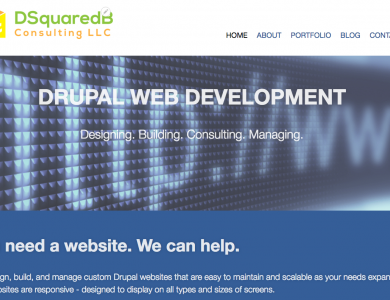Where do you do your best work? Do you need the structure of reporting to an office each day? Or are you at your best with your laptop sitting on the couch in your family room?
More and more employees have the option of working remotely. For some it’s a day or two a month or a day each week. For others, it’s a full-time arrangement. Technologies such as Skype and email and cloud file storage remove many of the obstacles to working outside the office that existed just a few short years ago.
But if you have the option of working remotely, should you? There are definitely some pros and cons to both working in an office environment and in working remotely.
The office environment provides structure to your day and allows for quick and easy exchange of ideas and information. Your working hours are usually pretty well defined and are easily separated from your leisure hours (unless you often bring work home with you). It’s easy to pop in to your co-workers office or cubicle to bounce around an idea. Those are a few pros.
But they can also be the cons. Who hasn’t felt constrained by a 9-to-5 workday? And have you ever been trying to concentrate on a project with a deadline when a co-worker stops by to chat about nothing in particular?
Working from home can provide the flexibility to work on a schedule that fits your lifestyle and family obligations. (Your work schedule, of course, is something that needs to a mutual agreement between you and your employer.) And unless you have a house full of toddlers, your home office can be free of many of the “water-cooler” distractions of the office.
Again, the pros can also be the cons. If you aren’t self-disciplined, not having to punch a time clock can lead to irregular work habits or blurring the lines between work and leisure time. And if you don’t make an attempt to stay connected to co-workers, you can end up feeling isolated.
And then there’s the coffee shop option. I recently read an article by Wesley Verhoeve entitled “Why You Should Work From a Coffee shop, Even When You Have An Office.” Due to an office move he was forced to work remotely (he chose to work in local coffee shops) for a short period of time. For Verhoeve, the “experience of working out of coffee shops was so positive that even after we moved into our new home, I made sure to get in a few 'coffee shop days' each month.”
Was it just the coffee that made the experience so positive? Not exactly. It was the combination of a change of environment, less distractions, and interaction with people. Maybe the answer to the cubicle or couch question can be partially answered by coffee.
What do you see as the pros and cons of working remotely? If you have the choice, which do you prefer?





